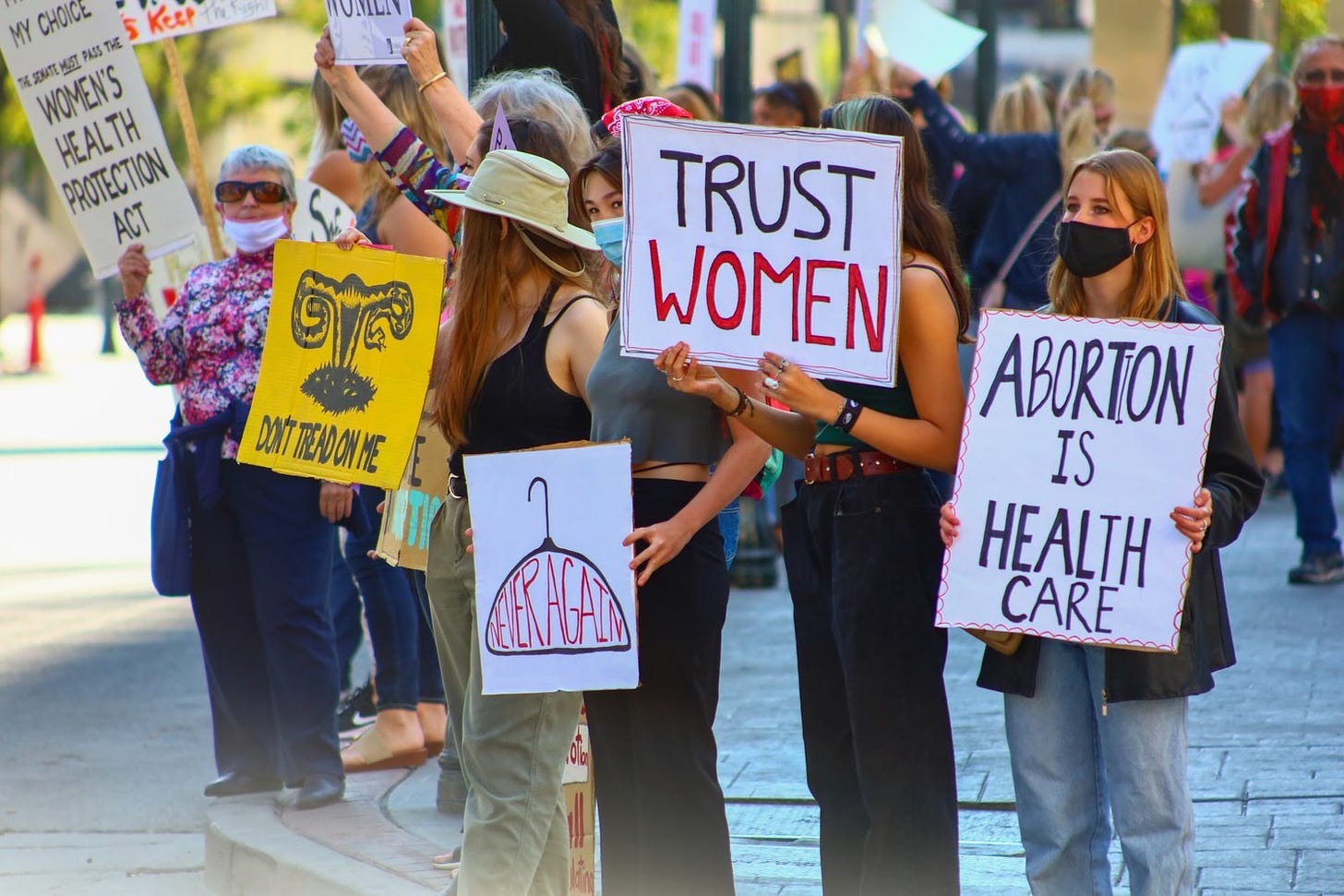Pro-life and pro-choice circles alike are abuzz over the newest attempt to limit abortion in the United States. Texas Senate Bill 8 (“The Texas Heartbeat Bill”) prohibits abortion of a fetus with a detectable heartbeat. Pro-life advocates see the bill as a win, while pro-choice activists mourn what they see as an attack on women’s freedom.
While among the most stringent regulations of abortion put into place since Roe v. Wade, Texas SB8 provides room for medical emergencies. In these cases, abortion is permissible at the discretion of the pregnant woman’s doctor. Those familiar with the Catholic Church’s reputation as a staunch defender of the right to life might be wondering whether the Catholic Church makes the same exception.
Is abortion permissible to save the life of the mother? How can the Church claim to respect the life and dignity of all when it appears to place the burden of carrying even life-threatening pregnancies to term on the shoulders of women?
The answer is complex, nuanced, and not always clear-cut. To start, here are three relevant principles that Catholic doctors, hospitals, ethicists, and patients consider when making these tough decisions:
1. THE CATHOLIC CHURCH RECOGNIZES THE INHERENT DIGNITY OF ALL HUMAN LIFE.
All human beings, regardless of age, status, race, sexual orientation, disability, or even criminal activity, are made in the image of God and therefore have inviolable dignity. The Church recognizes that this moral status has been granted to all humans by God, and as such is not something that we have the right to withhold from others.
2. ABORTION ALWAYS ENDS A LIFE.
Even outspoken abortion advocates like philosopher Peter Singer recognize that human life begins at conception: “Whether a being is a member of a given species is something that can be determined scientifically, by an examination of the nature of the chromosomes in the living cells of the organisms [...] There is no doubt that from the first moments of its existence an embryo conceived from human sperm and egg is a human being” (Practical Ethics). The Church takes a step further by arguing that these lives, no matter how young, are worthy of protection.




I'm a bit late to the party here!
How can these two arguments be consistent?:
a) "Termination of pregnancy by ending the life of the fetus is always impermissible."
b) "[For] a pregnancy [which] invariably results in death for the fetus... the only person who can survive the situation, the mother, is the patient whose good should be sought."
Thank you.